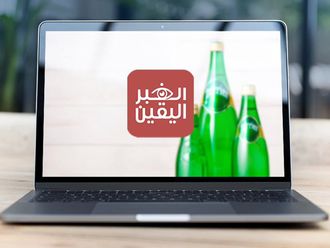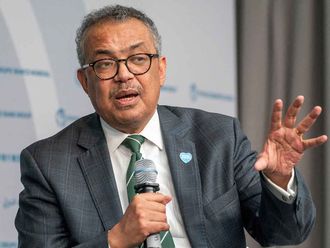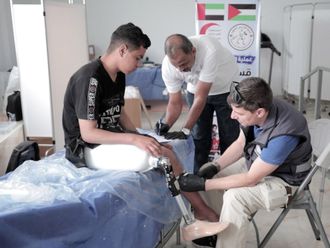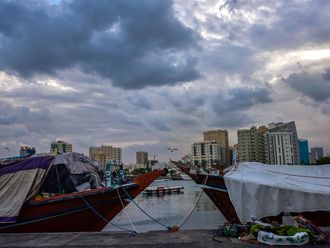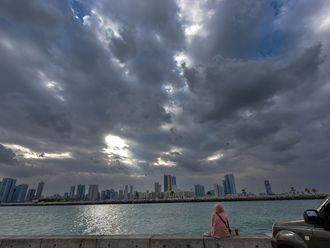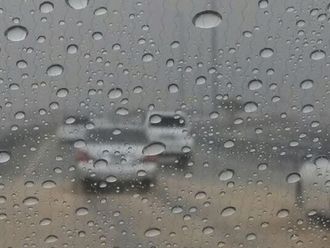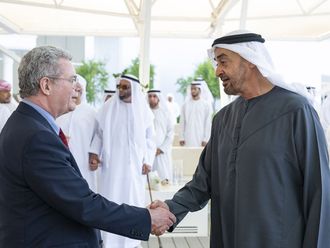Al Ain: Volunteers have donated hundreds of units of blood since the beginning of Ramadan as Al Ain Blood Bank has received an encouraging response to its campaign for increased donations.
Two mobile blood collecting units, comprising two buses and teams of paramedics and technicians, have been going around the oasis city after iftar for collection. People have been giving their blood as charity as per the spirit of the holy month, helping the bank to overcome a shortage.
“We have collected around 600 units of blood so far and more people have been coming forward for this noble cause,” said Hamad Al Mulla, Director of the Al Ain Blood Bank at Tawam Hospital. It is a great human service that can save the lives of the people in emergencies, he added.
Blood is needed on a daily basis for trauma victims (accidents and burns), heart surgery, patients receiving treatment for leukaemia, cancer, thalassaemia, and other diseases. One unit of blood (a pint or half a litre) can help save the lives of up to three people,
The bank has been sending its mobile blood collection units to different mosques and shopping malls as part of a Ramadan campaign where volunteers queue up for the donation, Al Mulla said. He said people from all nationalities have been coming forward to donate blood. However, a majority of the donors are Emiratis.
Al Mulla said there was a shortage of blood until a few weeks ago but the campaign, which will continue until the end of Ramadan, had helped overcome the deficiency. “Continuous donations and the campaign have helped the blood bank to maintain a reasonable quantity of blood available to meet the regular or emergency demand,” he said.
The blood bank has been providing blood to government and private hospitals in Oasis city. Donating blood is a healthy trend in society that helps medical facilities provide prompt assistance to patients, said the director.
He said a healthy person, ideally 17 to 25 years old, should donate blood, as it is a great human service that can save the lives of people in emergencies. It is also a healthy practice that helps in the regeneration of blood in a donor’s body. If all eligible blood donors gave a unit of their blood at least twice a year, he said, it would help maintain an adequate blood supply in the UAE.
The availability of donations has also helped improve the quality of blood collection which is the prime concern of the blood bank. To ensure the safety of recipients, each unit of donated blood is tested rigorously for infectious diseases. The bank has been rigorously following internationally accepted standards for the quality of the collection, he said.
Voluntary non-remunerated blood donors, said Al Mulla, are the foundation of a safe blood supply because they are associated with significantly lower levels of infections that can be transmitted by transfusion, including HIV and hepatitis viruses.


